How politics and society is filled with all paradoxes
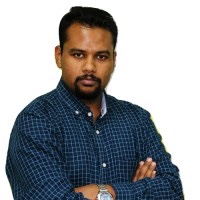
Ankit is the founder of Governance Consulting Group
It appears that in life, we are in a zero-sum game. It is full of dichotomy and paradox of all kinds. On one side, the only solution for a society to be possible appears to be the rule of law, while on the other, we find the law looking at things in black and white. In contrast, in human life, there may be around a thousand shades between the situation deeming to be black, and the same proved to be white. And we want both at the same time.
The old want family security after retirement. Still, they also wish their off-springs to be working at a multinational corporation(MNC). The youth want jobs in MNCs which may ensure financial security. Still, they also desire the freedom of working as per their wish. The entrepreneurs venture to be self-led. Yet, they also want a strong network of stakeholders in their business; we aspire for our empire manifested by a magnificent palace. Again, we need our nests also. We need to do socialistic justice to the resource possession; everyone wants freedom and security at the same time, the list may go on!
The Indian Constitution, a paradox!

The Constitution of India is the supreme guide, which may be seen as the fate decider of the Indian population. It says that Indian citizens have fundamental rights, and secured rights are the supreme objective of the nation. But, it also immediately empowers the controlling authorities to change these rights or redefine the same. In the age of fundamental rights, the Constitution regulates us even before we take our first step on its land. It goes to the extent of defining every aspect of citizens living and life through the right to life.
The preamble has given the Constitution to us, producing such consent on our behalf, in our absence. While it is democratic, sometimes people themselves want an authoritarian leader. In the case of the Indian Constitution, while we do not wish centralized authority, the federalism itself gives power to the union government than imposing restrictions on it.
Federalism is part of the doctrine of basic structure of the Indian Constitution, but it is tilted towards the union government empowered by deliberate provisions of weakening states
The Hindu
In the modern world, the USA has been considered to be a source of several democratic values, and it has made several bold steps to mean the word democracy. Human rights are fundamental rights, and if not ensured, the State may be dragged to the court of justice. But, the same State is also given an acute authority to decide actions, fate, and functionality. The also States elect a President of the United States, which is unparalleled in terms of power. Everyone appears to have immense power, but there also exists a circle of control! Do we call this a paradox, or is this a balance that we always seek to achieve?
What leads us to these paradoxes

I think it is because we have been attaining a fixed mindset obsessed with the doctrine of transaction. When the analytical methodology is gaining enormous popularity in every action of life, we quickly get convinced that without making someone a loser, there cannot be a winner. Without finding a definite reason for an incident, you cannot call an event deciphered enough.
This could also mean we have no space for chance and choice in our function. It must be noted here that in the case of humans, despite being a rational species, most of the choices are triggered by excitements. There is no certainty and rationality in it. For example, everyone knows that reproduction is creating a population blast, but it is proving itself to be unstoppable; no matter what you do, why? Because, the choice of sexual discourse bangs all psychological, hormonal, and biological reasons and for it, excitement paves the path. Otherwise, there could have been no psychologists and doctors left in the world. If these issues were eliminated, it would have eliminated these professions too.
“Everything seems to come in a pair of opposites: security/freedom; order/complexity; collectivity/individuality; modernity/tradition; art/science; and so on”
Boulding (1953)
Since ages, we used to listen that education is for stability; education facilitates peacebuilding; education makes this world a better, safer, and just place. But look at the global landscape. The whole of Africa is under tremendous poverty and facing several diseases for ages. The Arabian countries are yet under a monarchy and facing horrible radicalism. South Asia is full of poverty, people, and propaganda. China is, however, under an undemocratic capitalist regime; Europe is breaking down. In the USA, people are randomly opening fire on crossroads, and Russia is facing economic issues. All these systems are being challenged by their people.
In return, the systems are using all measures to manipulate the choices of the population to control the same. Hence, the propagation of human values in the wake of muscle power and extremist narratives is prevailing.
Why do we follow if all systems are paradoxical

It leads to a question that if all systems are paradoxical, why are people following, and sometimes giving away their lives too?
For this, we might have to observe that the whole game of paradox boils down to a dichotomy. There is always a need for security, with an aspiration of freedom. We want to have these both. Now, it leads us to two types of situations: If something is secured, how can it be free? If something is not free, how will it be secure? For example: If I have to ask a doubt in the gathering of 100 people, and I am not secured with the immunity to their sarcastic response on my ignorance, am I free to utter my doubt? I guess no. In the same condition, if the whole cohort is secured with multiple regulations imposed, will I be free to utter my doubt? Again the guess is no.
In actual life, what happens actually is that when the incidents happen, we get reminded of the preservative actions – for example when we are mocked for asking a silly mistake, we get reminded of a regulatory provisions and the same way we are reminded of our freedom in the regulated conditions.
Because, the moment one needs the preventive one, the other party also needs the regulatory one. Hence again a paradox! But this paradox is not mechanical. This instigates two revolts: One for the individuals’ rights and the other for collective rights. The prior one will have its roots in humans, and the latter one will have the same in the systems. And this constant fight gets animated sometimes and claims lives! Perhaps this is why we see people give themselves leaders like Gandhi as well as Hitler in almost the same age for the same purpose; scientists who discovered deadly weapons to kill lives and a scientist who found lives in plants were honored by the same people and so on and so forth.
I believe, that all these people and many more like them must have envisioned something very noble, but they were not able to decipher the uncontrolled sphere of consequences generated through their actions. Alas, what we have today to judge them is only their actions and not their thoughts. At the time of deciding ‘to do’ or ‘not to do’, these people chose ‘to do’. And in the process of doing and being functional, lives were claimed!
Can we sort this paradox out?
It is a question just like the question of asking anarchy for everyone! If there is a rule of everyone, will it qualify to be called a rule? But yes, there is a scope of manipulating this paradox into a scope of predicted and subsequently regulated chain of actions. If we can accept the multidimensionality of the interconnected functions of Choice, Chance and Certainty, we will perhaps remain prepared for the contradictory conditions. But for accepting this kind of paradigm in the thought process, we will have to get away with the concept of coinciding benefit and loss, which seems impossible almost! Perhaps Ackoff should guide us:
Separately infeasible parts making a feasible whole
Ackoff
Ankit Raj is a Gandhi Fellow and is also recognized as a Change Maker by Global Action on Poverty. He has been associated with NIRDPR, Government of India as a professional.
Featured Image Credits: Air Force Materiel Command


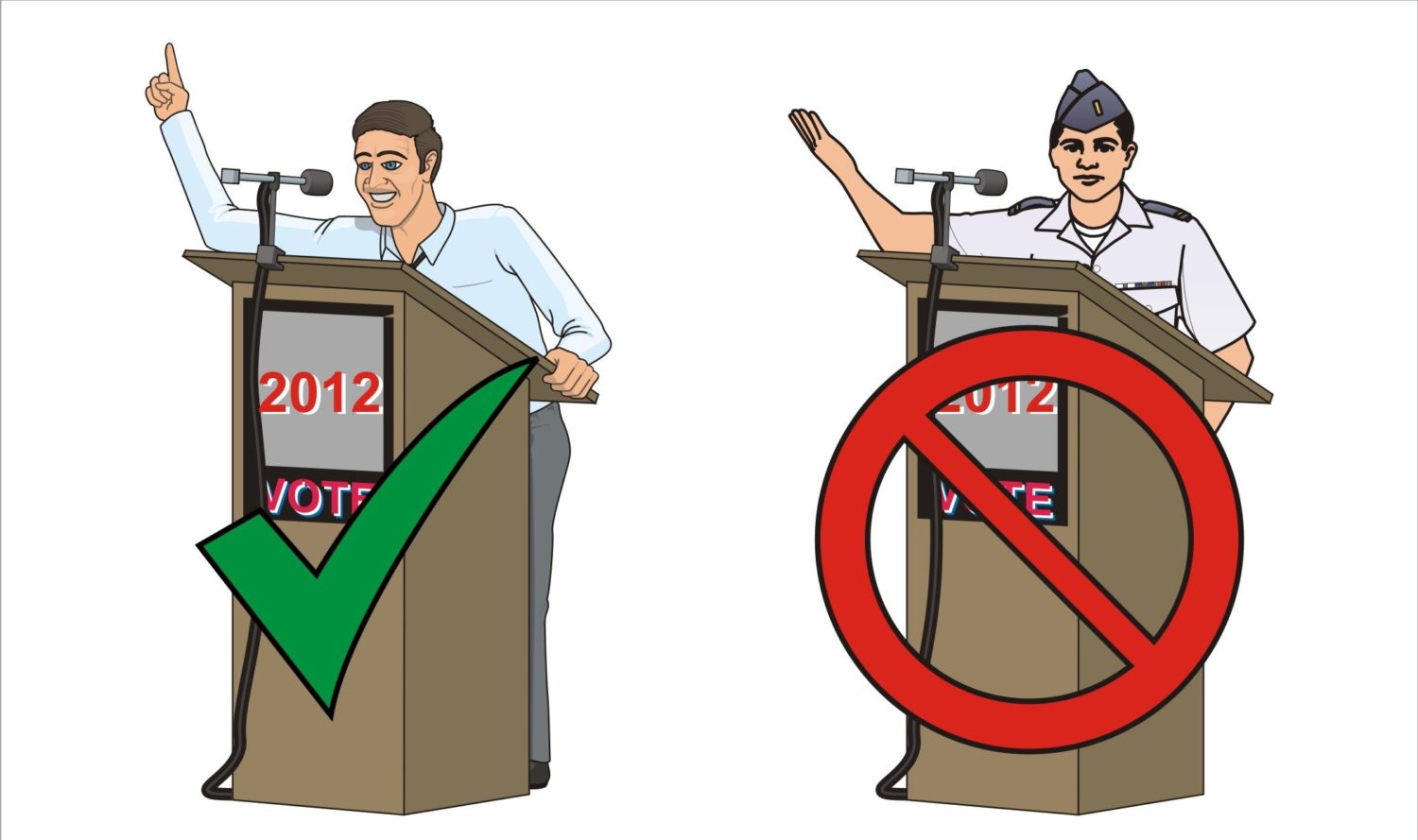
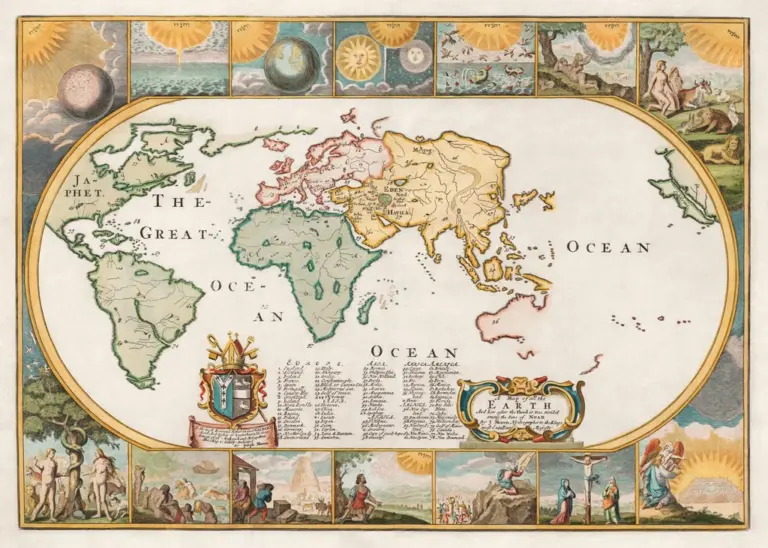
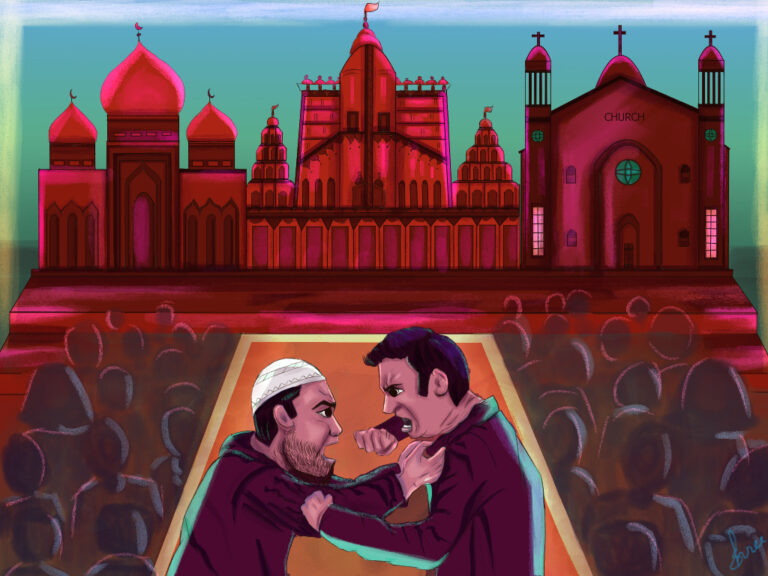
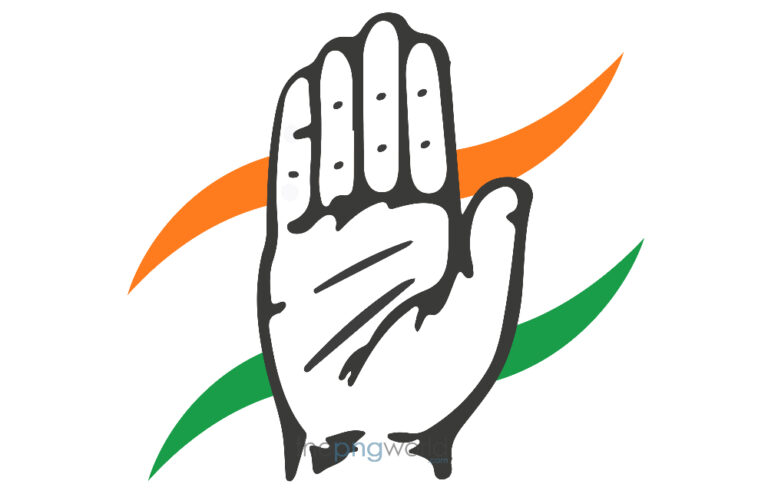
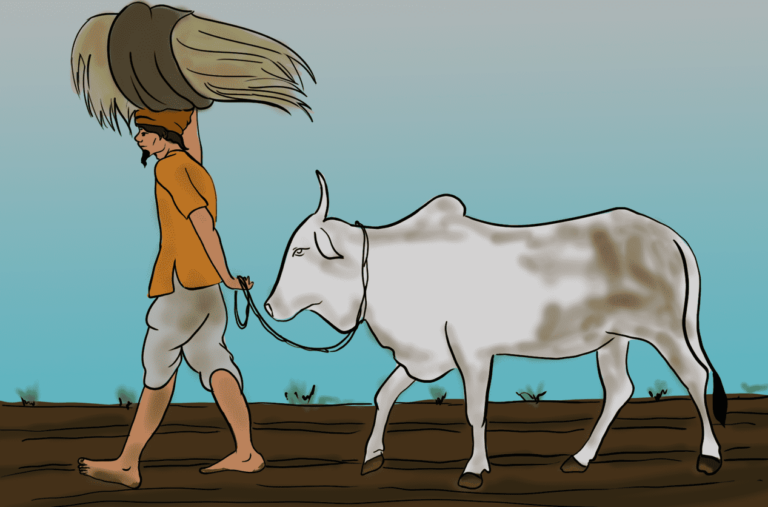
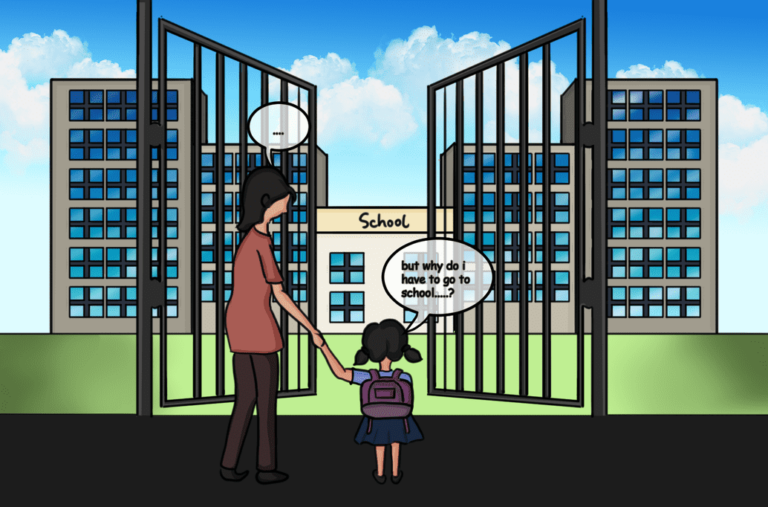
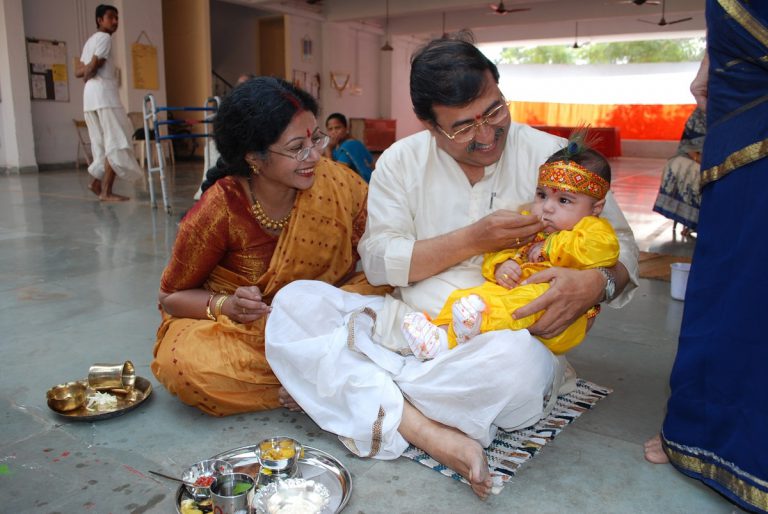
Readers' Reviews (1 reply)